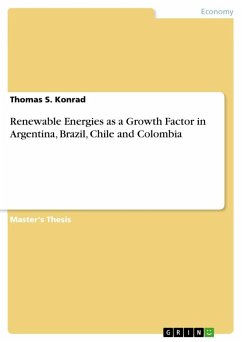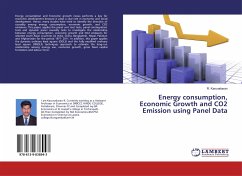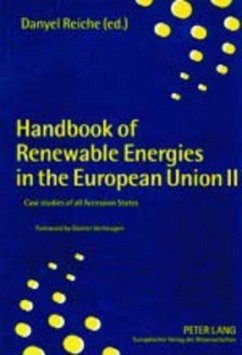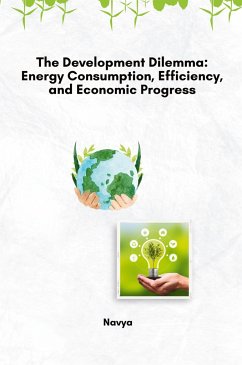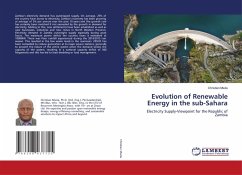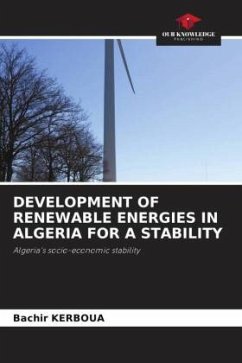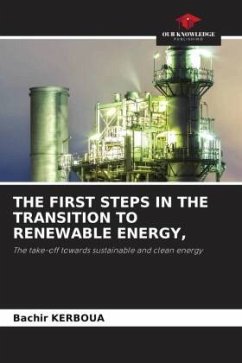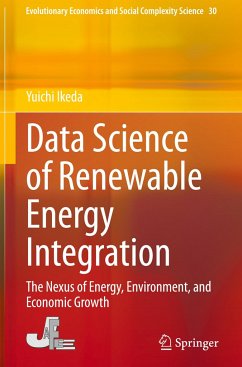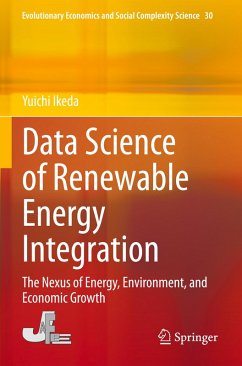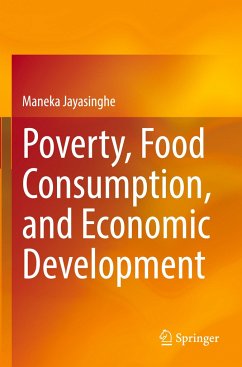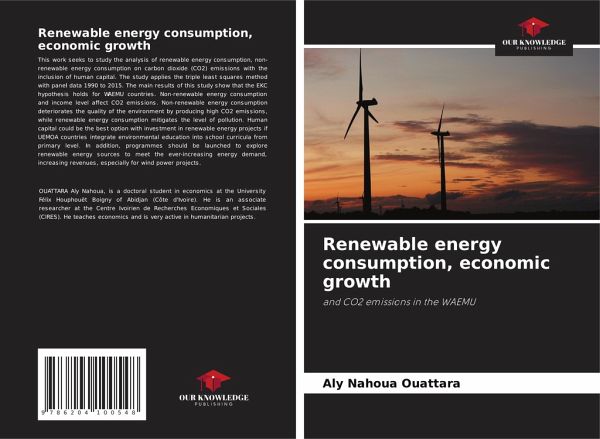
Renewable energy consumption, economic growth
and CO2 emissions in the WAEMU
Versandkostenfrei!
Versandfertig in 6-10 Tagen
27,99 €
inkl. MwSt.

PAYBACK Punkte
14 °P sammeln!
This work seeks to study the analysis of renewable energy consumption, non-renewable energy consumption on carbon dioxide (CO2) emissions with the inclusion of human capital. The study applies the triple least squares method with panel data 1990 to 2015. The main results of this study show that the EKC hypothesis holds for WAEMU countries. Non-renewable energy consumption and income level affect CO2 emissions. Non-renewable energy consumption deteriorates the quality of the environment by producing high CO2 emissions, while renewable energy consumption mitigates the level of pollution. Human c...
This work seeks to study the analysis of renewable energy consumption, non-renewable energy consumption on carbon dioxide (CO2) emissions with the inclusion of human capital. The study applies the triple least squares method with panel data 1990 to 2015. The main results of this study show that the EKC hypothesis holds for WAEMU countries. Non-renewable energy consumption and income level affect CO2 emissions. Non-renewable energy consumption deteriorates the quality of the environment by producing high CO2 emissions, while renewable energy consumption mitigates the level of pollution. Human capital could be the best option with investment in renewable energy projects if UEMOA countries integrate environmental education into school curricula from primary level. In addition, programmes should be launched to explore renewable energy sources to meet the ever-increasing energy demand, increasing revenues, especially for wind power projects.



